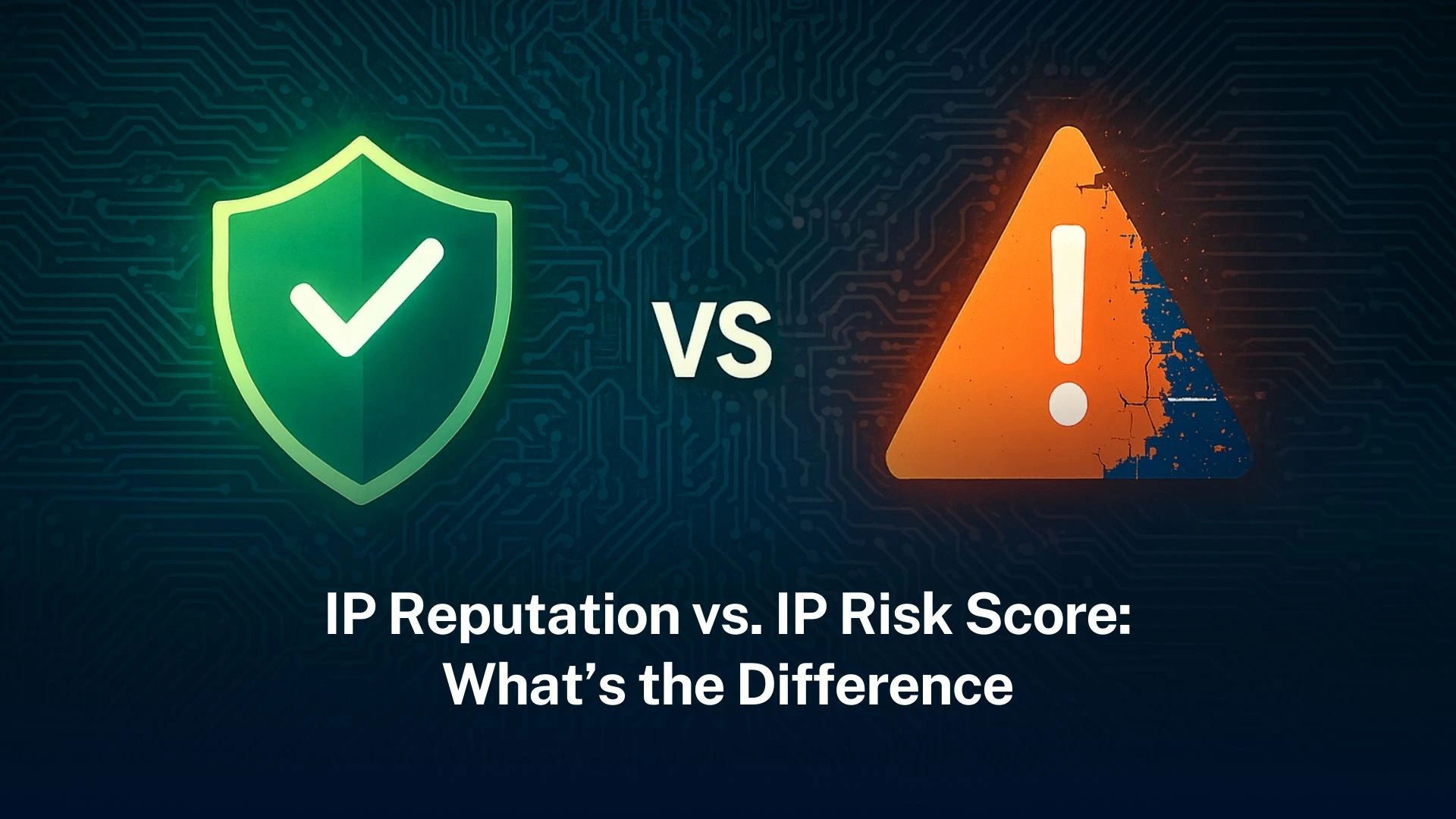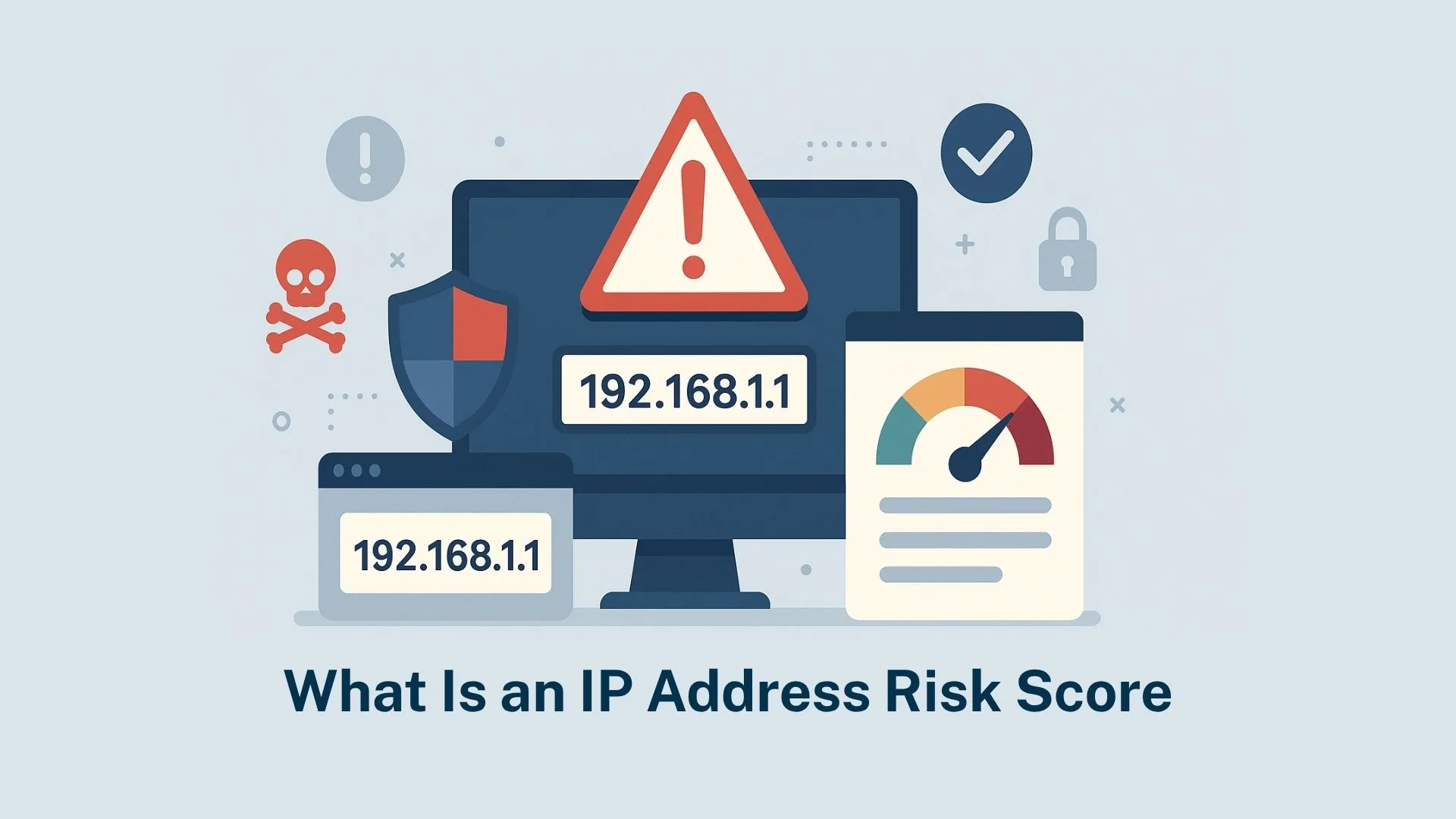Blog

A clear comprehension of the discrepancies between IP reputation and IP risk score constitutes a critical prerequisite for effective cybersecurity governance — the former encapsulates historical trustworthiness, while the latter forecasts potential threat vulnerabilities. Table of Contents Toggle Key PointsWhat is IP Reputation?What is IP Risk Score?Why the Distinction MattersHow
Go ahead

Organisations increasingly rely on IP risk scores. They use them to assess threat levels. They reduce fraud losses. They strengthen cybersecurity defences. IP risk scoring lets firms flag suspicious IP addresses. It does so by analysing usage patterns. It analyses proxies/VPNs. It also analyses historical fraud links. Integrating IP risk
Go ahead

The current era faces IPv4 address scarcity. Organizations must verify IP block risk scores. Tools like i.lease help complete this verification. This process prevents blacklisting problems. It also ensures reliable network leasing for enterprises. Table of Contents Toggle What is an IP block risk score?Why check IP risk scores before
Go ahead

07November
What Is an IP Address Risk Score
IP address risk scores help organisations assess potential threats. They detect malicious activity. They improve cybersecurity across networks. They strengthen protection for cloud systems. Table of Contents Toggle Key PointsUnderstanding IP Address Risk ScoresFrom my experience in cybersecurity, an IP address risk score is a critical metric that quantifies the
Go ahead

The Roots of Poor IP Allocation and Its Security Risks Table of Contents Toggle The Roots of Poor IP Allocation and Its Security RisksThe Effect of Poor Allocation on Access Control and ProtectionHow Attackers Exploit Allocation MistakesHow Better Allocation Can Strengthen Security Regional Internet Registries: the guardians of allocationTrusted IPv4 Leasing
Go ahead
